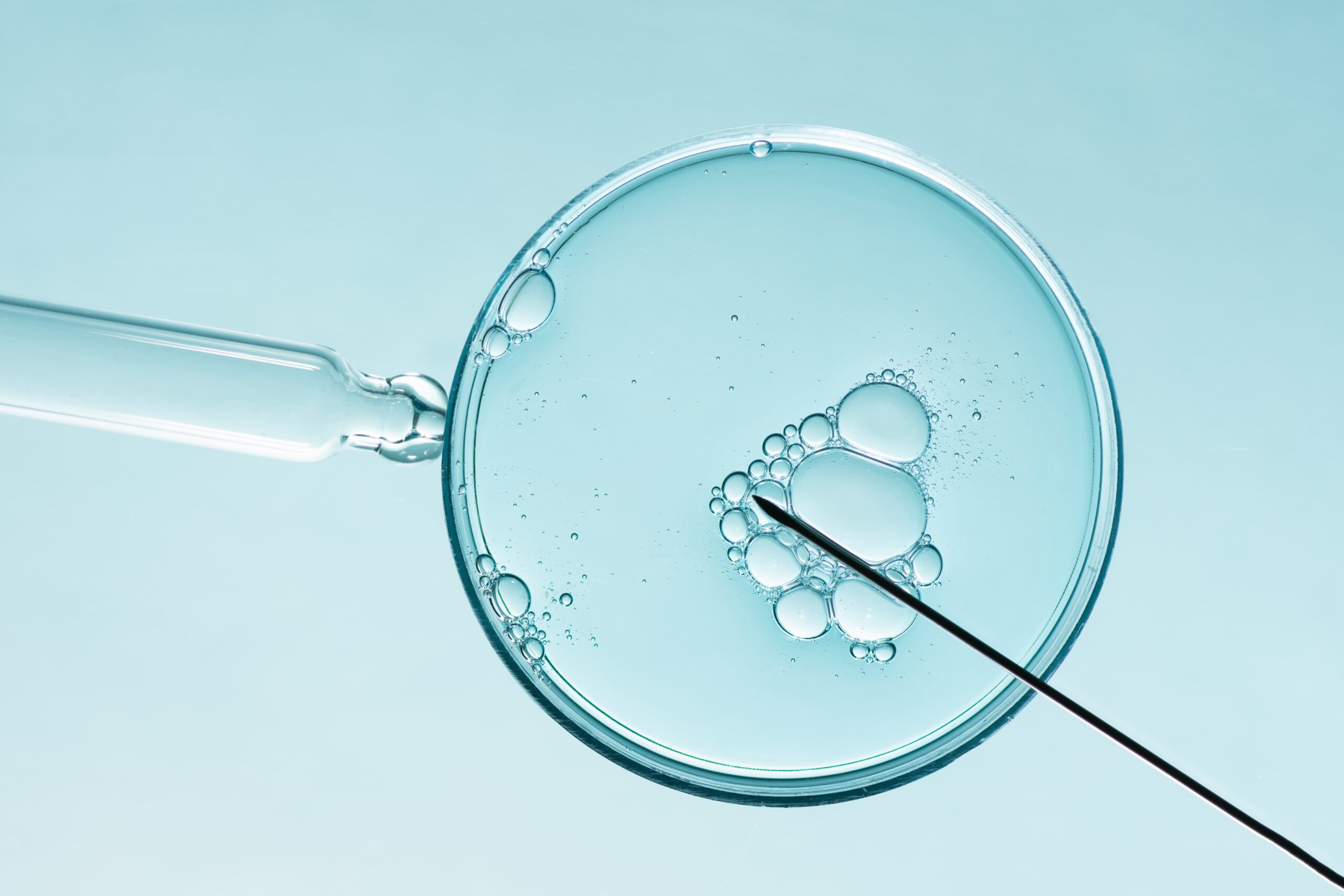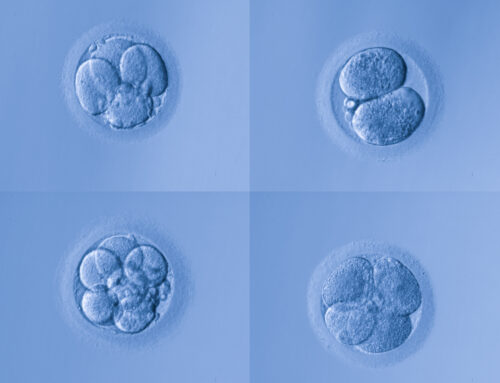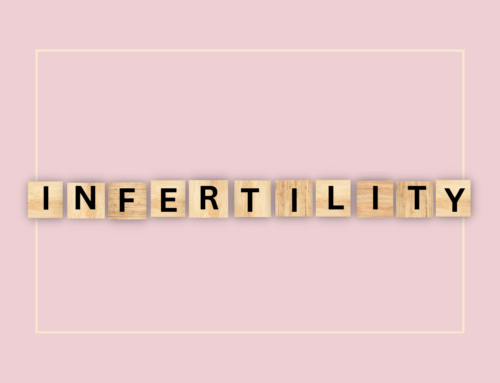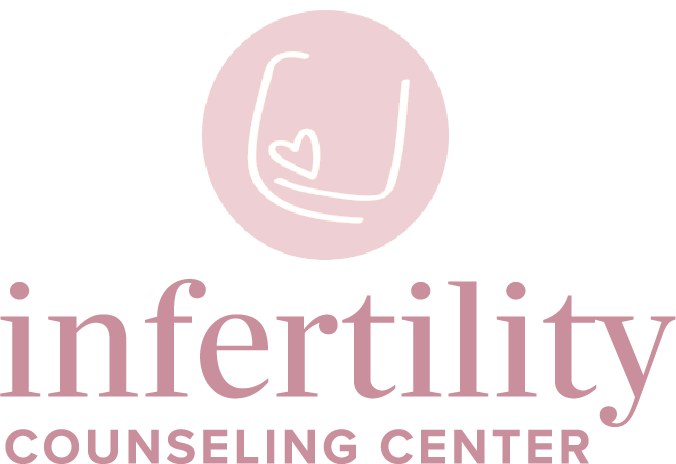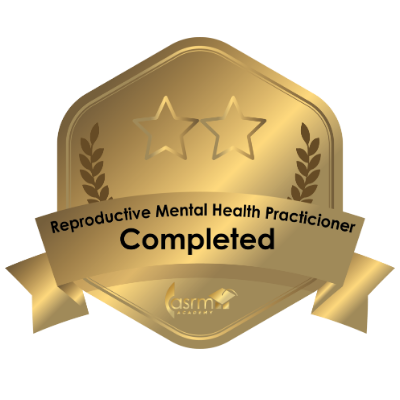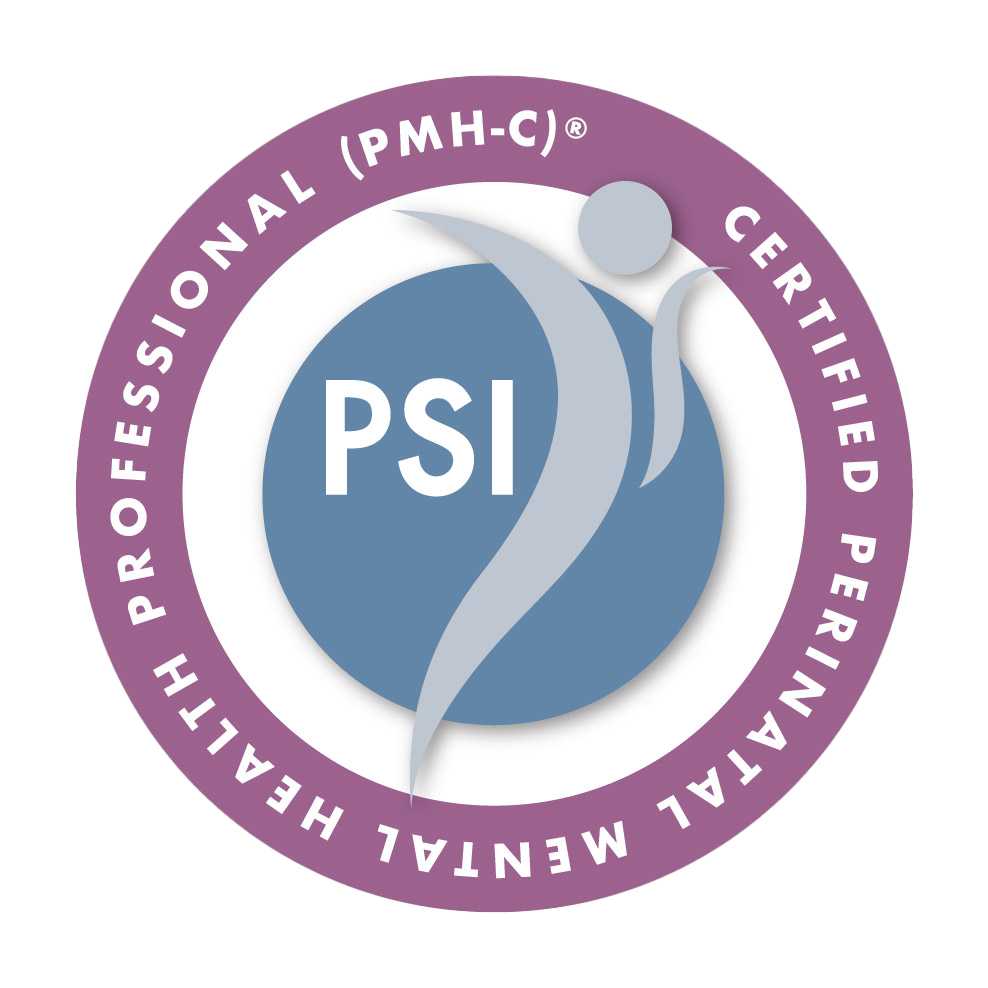Starting the journey of In Vitro Fertilization (IVF) is a courageous step into the world of assisted reproductive technology (ART). This path is challenging, both physically and emotionally. Let’s dive into the intricate process of IVF.
- The Decision to Begin
The decision to pursue IVF is deeply personal, and often follows a frustrating trek through months of trying, doctor’s appointments, diagnoses, and perhaps failed treatments. This decision might result from trying to become a single parent by choice, or starting a family as a gay or lesbian couple. Whatever the reason, IVF is complicated and requires many steps to get to the end goal: Pregnancy and a baby.
2. Initial Appointments
You’ll first reach out to a Reproductive Endocrinology (RE) clinic and schedule an initial appointment. It’s important to send any health records regarding your fertility to this new doctor so they can know the specifics or your infertility going into this appointment. Doing some research about clinics is recommended. This is a place where you will likely experience joy and disappointment, so find a practice that has genuine empathy for those experiencing infertility. It’s okay to have consultations at multiple clinics. Also, many people find clinics outside of their area, just be mindful of the amount of travel that will be involved.
3. Health Screenings
Screenings are essential for your doctor in order to fully understand your medical needs. You may have already completed screenings with other doctors prior to seeing an RE. These screenings include a male semen analysis, blood tests (including ovarian reserve testing), genetic tests, and uterine exams such as a sonohysterogram. If you are nervous about any of these screenings, have a conversation with your doctor. Let them know your concerns and ask any questions you may have.
4. Egg Retrieval
If you’re learning about IVF for the first time, you may not know that it is a 2-step process, starting with retrieving your eggs and ending with an embryo transfer. The egg retrieval requires you to take various medications to stimulate your ovaries and allow multiple eggs to mature. You will be monitored closely during this stage. You will then go in for your egg retrieval procedure. At this time, the doctor will give you anesthesia and perform surgery to recover all of the mature eggs.
5. Egg Fertilization
At this point, the embryologist will introduce the eggs to sperm. They will either be incubated with sperm, or if you are using intracytoplasmic sperm injection (ICSI), the embryologist will inject a single sperm into a single egg. The clinic will provide you with updates during this time to let you know how many mature eggs were retrieved and how many eggs have fertilized. If you are having your embryos genetically tested, the clinic will send them to be tested at this time.
6. Embryo Transfer
Some clinics allow fresh embryo transfers, meaning you transfer the embryo 3 to 5 days after the retrieval. Many clinics do not perform fresh embryo transfers, and after fertilization they will freeze your embryos for use at a future time. This allows your body time to heal from the egg retrieval. Once you are ready for a transfer, you will again take various medications to increase your chance of implantation. For the transfer, you will go to your clinic, and they will use a catheter to insert the embryo into your uterus.
7. Blood Test to Confirm Pregnancy
You will wait 11 to 14 days to perform a blood test to determine if you are pregnant. If you are pregnant, you will be scheduled for an ultrasound, usually around 6 weeks. If you are not pregnant, the doctor will discuss next steps.
IVF is a journey that requires courage, perseverance and hope. Whatever the outcome, the process of IVF is a testament to the strength of those who embark on it. Whether you’re considering IVF, in the midst of the process, or cheering on a loved one, know that there are many ups and downs in the process, but it brings the hope of a new beginning.
Any other questions about the process of IVF? I’d be happy to answer them!
Share this story
Julie Potter, LCSW is a psychotherapist based in Kansas City, MO providing individual, couple and group therapy for people struggling with infertility and family building challenges. She offers in-person sessions as well as remote sessions for people based in Missouri, Kansas, Idaho and Utah.

